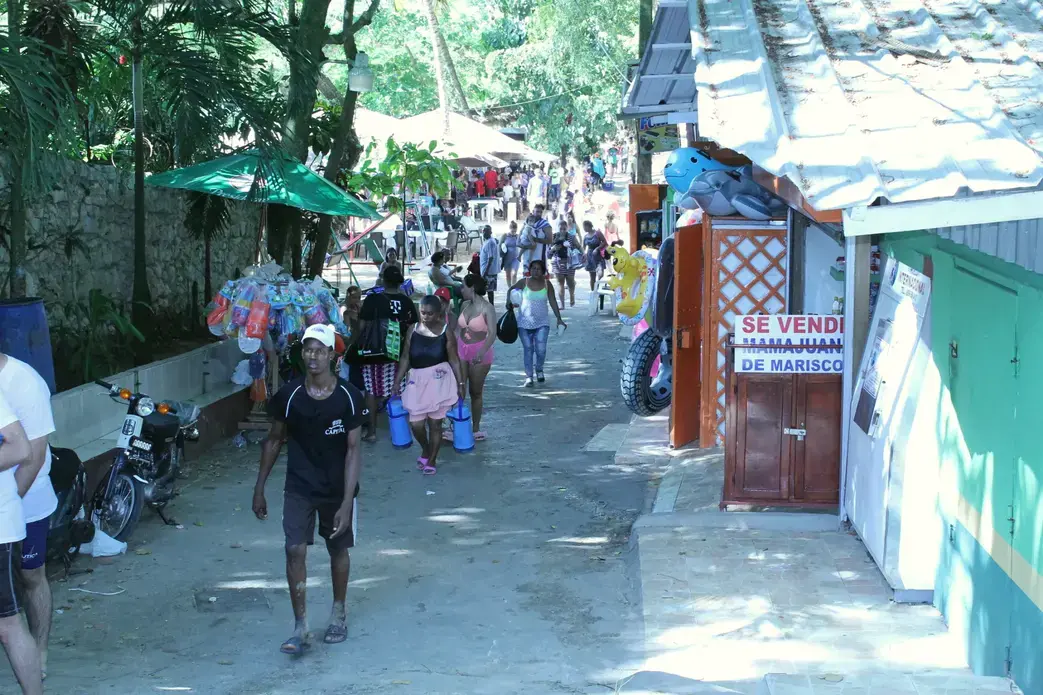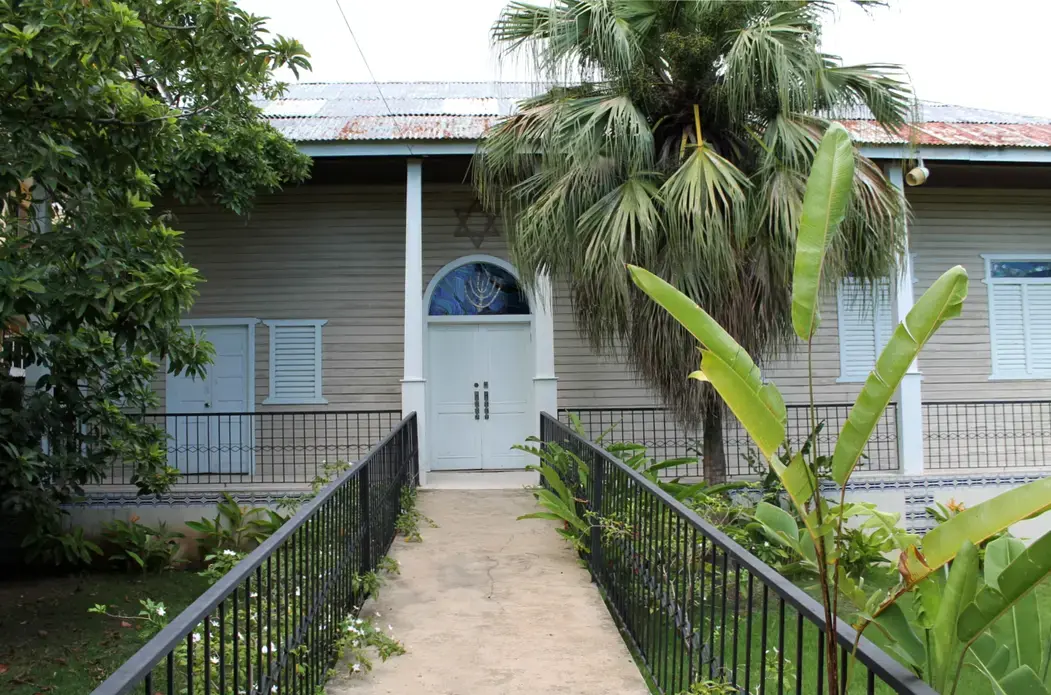I hadn’t been back to Sosua in more than a decade. In the 1940s, my father’s family—my grandparents and their three children—were among the Jewish refugees who populated the tiny beach town in the Dominican Republic’s northern coast. I often visited Sosua as a kid, but over the years, things had changed.
Once a quiet village, Sosua had turned into a bustling sex-tourism destination. It’s a place so infrequently visited by foreign families that a source told me some locals seemed perplexed to see she had taken her kids there. “What are you doing here?” they would ask.
On my first day, I passed by the town’s main drag and saw dozens of sex workers standing outside restaurants, discos and bars. I was surprised. Adult prostitution is legal in the country, but in Sosua it felt much more visible.
Women travel to Sosua from across the island seeking job opportunities, and sex tourists flock there because the town’s reputation has been tied to prostitution. Local officials have said they want to lessen the industry’s presence in Sosua. How can they stop something that’s legal?
Just hours into my trip, I realized the Sosua my grandparents knew was gone—and plans to bring parts of it back were probably too late.
Few of the sex tourists who visit Sosua likely know how it came to be.
To find the hints of its history, tourists would have to know where to look. A small Jewish museum chronicles the truth of this place: In the 1940s, Holocaust refugees found safety in Sosua, which was established by a Jewish relief organization. But over the years, the museum’s paint has peeled, its photos have faded, and, during my visit, the air conditioning wasn’t even on.
There’s also a synagogue, founded by the refugees. But it only opens for services a few times a year.
And finally there’s a monument to the town’s origins—a beachfront plaza marked with a white Star of David. But there’s no sign that explains its meaning.
A group of descendants is now trying to change what’s happening. They’re raising money to update the museum’s exhibition and remodel its interiors. Efforts, however, are slow moving, and funds have yet to come through.
Some have begun to fear Sosua’s history is on the brink of being forgotten. “If we don’t do something,” Sosua’s mayor, Ileana Neumann, whose Jewish father arrived in the town decades ago, told me, “it’s going to be lost.”












